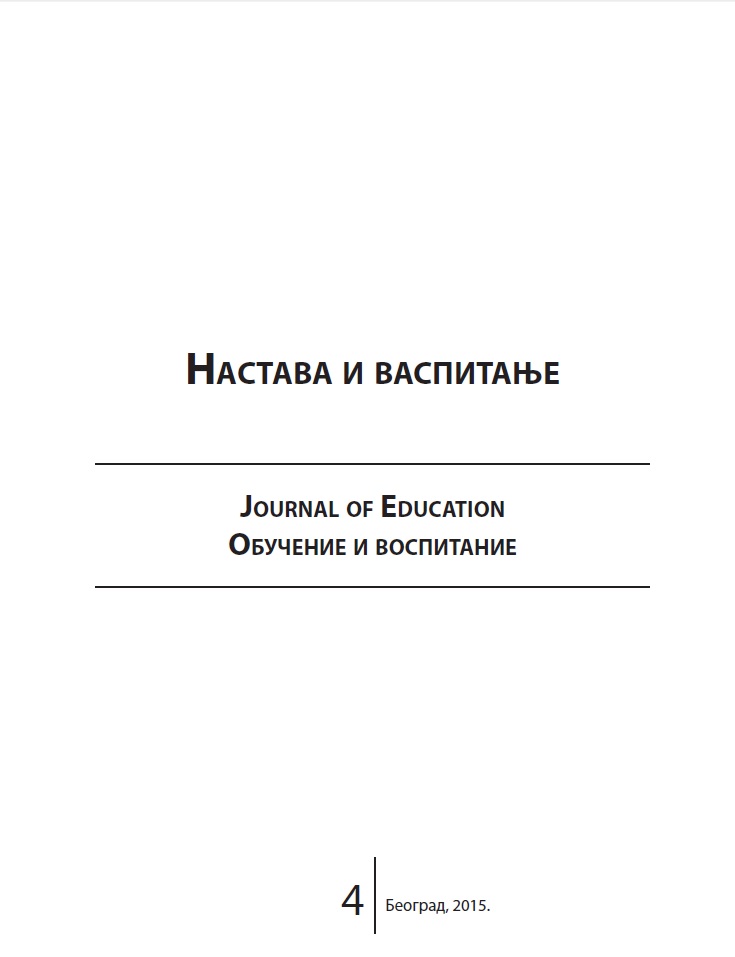THE INFLUENCE OF INSTRUCTIONAL METHOD ON
STUDENTS’ ACHIEVEMENT AND MENTAL EFFORT:
SYSTEMIC VERSUS TRADITIONAL APPROACH IN SECONDARY ORGANIC CHEMISTRY TEACHING
THE INFLUENCE OF INSTRUCTIONAL METHOD ON
STUDENTS’ ACHIEVEMENT AND MENTAL EFFORT:
SYSTEMIC VERSUS TRADITIONAL APPROACH IN
SECONDARY ORGANIC CHEMISTRY TEACHING
Author(s): Tamara Hrin, Mirjana Segedinac, Dušica Milenković, Saša HorvatSubject(s): Education
Published by: Педагошко друштво Србије
Keywords: Systemic approach to teaching and learning chemistry; systemic synthesis questions [SSynQs]; conventional linear questions [LQs]; achievement; mental effort
Summary/Abstract: Organic chemistry is the chemical discipline that many secondary school students find abstract and difficult. As a result, they learn organic chemistry concepts in a 'rote' way. Therefore, the first goal of this study was to examine whether the systemic approach, that implies the application of systemic synthesis questions, [SSynQs], as new instructional tools, could help students in overcoming these difficulties. The results of this study have shown that students from the experimental group, who were exposed to the new instructional method, achieved higher scores on final testing than students from the control group, who were taught by traditional method, when students' achievements in conventional linear questions, [LQs], and systemic synthesis question, [SSynQs], were evaluated. These findings were followed by the reduction of levels of invested mental effort of the students from experimental group, estimated during solving both types of test questions. Additionally, it was confirmed that students from both examined groups find systemic synthesis question, [SSynQs], more difficult to solve than linear questions, [LQs], achieving lower scores and perceiving higher levels of mental effort. These research findings were explained by completion problems effect which is often discussed within cognitive load theory. Having this in mind, the next step in our research would be to examine the influence of variability effect on students' ability to solve systemic synthesis question, [SSynQs].
Journal: Nastava i vaspitanje
- Issue Year: 64/2015
- Issue No: 4
- Page Range: 631-644
- Page Count: 14
- Language: English

